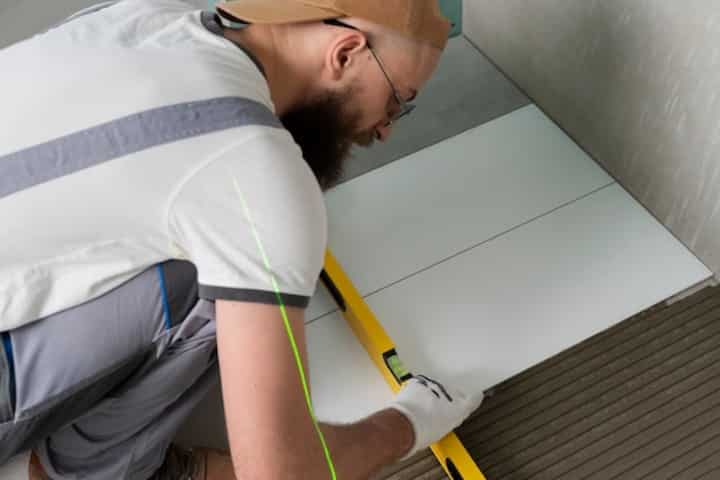
Transform Your Bathroom Cost of Tub to Shower Conversion
The bathroom is a sanctuary within a home, a place for relaxation and personal care. Transforming this space from a bathtub to a shower can significantly enhance its functionality, aesthetics, and accessibility. The cost of a tub-to-shower conversion is a critical consideration for homeowners contemplating this upgrade. Understanding the factors that influence the cost can help homeowners make informed decisions, ensuring that their investment aligns with both their budget and lifestyle needs.
Factors Influencing the Cost of Tub to Shower Conversion
Materials and Design
The choice of materials and design features can significantly impact the overall cost. Considerations include:
- Shower Enclosure: Options range from prefabricated kits to custom-built enclosures, with varying price points.
- Fixtures: The selection of showerheads, faucets, and handles can vary in cost depending on brand and quality.
- Tiles: The type, size, and pattern of tiles selected for the shower walls and floor can affect pricing. Explore further insights here.
Labor and Installation
Professional installation is crucial for ensuring safety and longevity. The cost of labor can be influenced by:
- Complexity of the Project: More complex projects, such as those requiring plumbing modifications, can increase costs.
- Contractor Fees: Rates can vary based on location and the contractor's experience.
For comprehensive details on installation and repair, read more about this topic.
Permits and Additional Costs
Securing the necessary permits is often required for bathroom renovations, which can add to the overall cost. Other potential expenses include:
- Demolition and Removal: The cost of removing the existing bathtub and preparing the space for a shower installation.
- Waterproofing: Ensuring the shower area is fully waterproofed to prevent future water damage.
- Unexpected Repairs: Discovering underlying issues, such as mold or rot, can lead to additional repair costs.
To delve deeper into these additional costs, learn more in this detailed guide.
Benefits of a Tub to Shower Conversion
Besides the cost considerations, there are numerous benefits to converting a bathtub to a shower, including:
- Space Efficiency: Showers generally take up less space than bathtubs, making them ideal for smaller bathrooms.
- Accessibility: A shower is often easier to access for individuals with mobility issues, providing a safer bathing environment.
- Modern Aesthetics: A well-designed shower can enhance the modern look of a bathroom, increasing the home's overall appeal.
For more on how tile installations can enhance aesthetics, find additional information here.
Budgeting for Your Conversion
Setting a Realistic Budget
Creating a detailed budget is essential. Homeowners should consider:
- Initial Estimates: Obtain multiple quotes from contractors to understand the range of potential costs.
- Contingency Fund: Set aside additional funds to cover unexpected expenses that may arise.
Prioritizing Needs Over Wants
While luxury features can enhance a shower, focusing on essential elements can help maintain budgetary constraints. Prioritize functional necessities before considering aesthetic upgrades.
Through careful planning and consideration of all factors involved, homeowners can successfully transform their bathrooms from tub to shower, enhancing both function and style. For more detailed insights on bathroom renovations, explore further insights here.